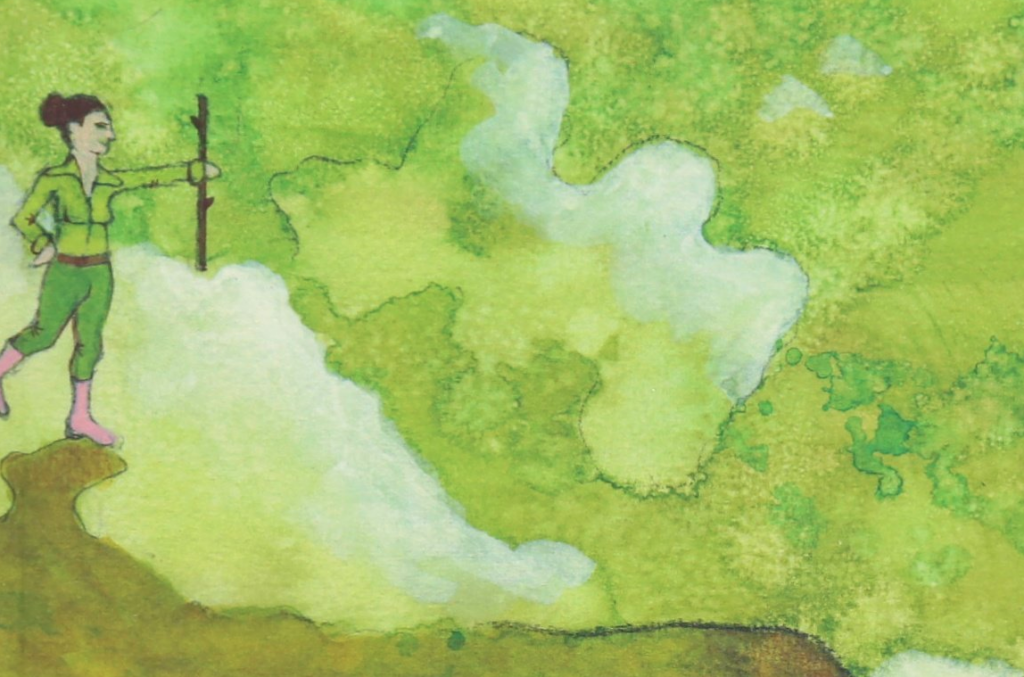Ewa Chrusciel, Strata, Emergency Press, $15.00 (paper)
Each phrase in Strata, Ewa Chrusciel’s remarkable sequence of prose poems, can be experienced as a moment of rapid transition. Chrusciel deploys the kind of verbal juxtapositions that have become familiar to readers of contemporary American poetry, but she does so with unusual insistence, articulating the experiential shifts of a finely tuned, many-layered mind. “Whenever we visited, my grandfather would put his chair on the road and wait,” Chrusciel writes. “Kraina na Bosaka. We were the apparition of deer. Pray, why chase each stalk of wounded light?” Throughout Strata, phrases themselves become like deer that appear to disappear on the margin, sense fluttering in what Wallace Stevens called its “ghostlier demarcations.” Also at play is the force of Chrusciel’s Polish—not only in occasional Polish phrases, but in a radical, dislocating impulse that seems to move from the Polish meaning of “strata,” i.e., “loss,” into the English sense of “layers.” Chrusciel’s moments of transition, marking the passage of time, become the indices of both what is lost and what accretes. Charles Sanders Peirce, writing from an Emersonian perspective, notes, “It is the compulsion, the absolute constraint upon us to think otherwise than we have been thinking that constitutes experience.” Perhaps what is most noteworthy about Chrusciel’s beautiful poetry is the way it constitutes the reader’s experience, how it makes us feel the force in what we may not yet be thinking.








